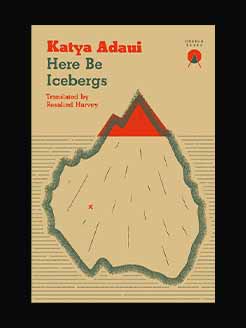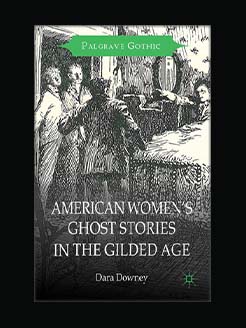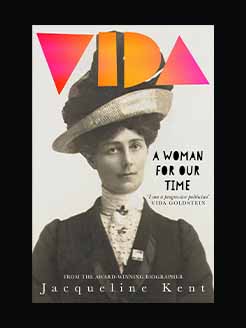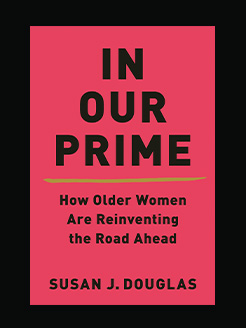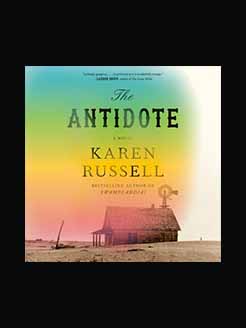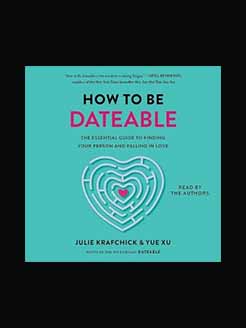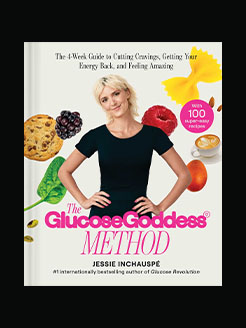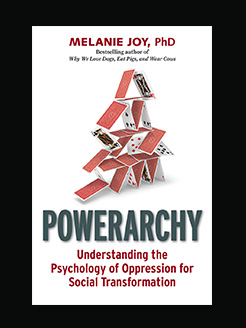Published in 2021
9 hrs and 40 mins
Sonora Jha, PhD, is an essayist, novelist, researcher, and professor of journalism at Seattle University. She is the author of the novel Foreign, and her op-eds and essays have appeared in the New York Times, the Seattle Times, The Establishment, DAME, and in several anthologies. She grew up in Mumbai and has been chief of metropolitan bureau for the Times of India and contributing editor for East magazine in Singapore. She teaches fiction and essay writing for Hugo House, Hedgebrook Writers’ Retreat, and Seattle Public Library. She is an alumna and board member of Hedgebrook Writers’ Retreat, and has served on the jury for awards for Artist Trust, Hedgebrook, and Hugo House.
What is this book about?
A compelling story that will resonate with feminists who hope to change the world, one kind boy at a time
This book is a true love letter, not only to Jha’s own son but also to all of our sons and to the parents – especially mothers – who raise them.” (Ijeoma Oluo, author of So You Want to Talk About Race and Mediocre)
A beautifully written and deeply personal story of struggling, failing, and eventually succeeding at raising a feminist son, this empowering book offers much-needed insight and actionable advice. From teaching consent to counteracting problematic messages from the media, well-meaning family, and the culture at large, we have big work to do when it comes to our boys.
Informed by the author’s work as a professor of journalism specializing in social justice movements and social media, as well as by conversations with psychologists, experts, and other parents and boys, this book follows one mother’s journey to raise a feminist son as a single immigrant woman of color in America. Through stories from her own life and wide-ranging research, Sonora Jha shows us all how to be better feminists and better teachers of the next generation of men in this electrifying tour de force.
“A beautiful hybrid of memoir, manifesto, instruction manual, and rumination on the power of story and possibilities of family.” (Rebecca Solnit, author of The Mother of All Questions)
